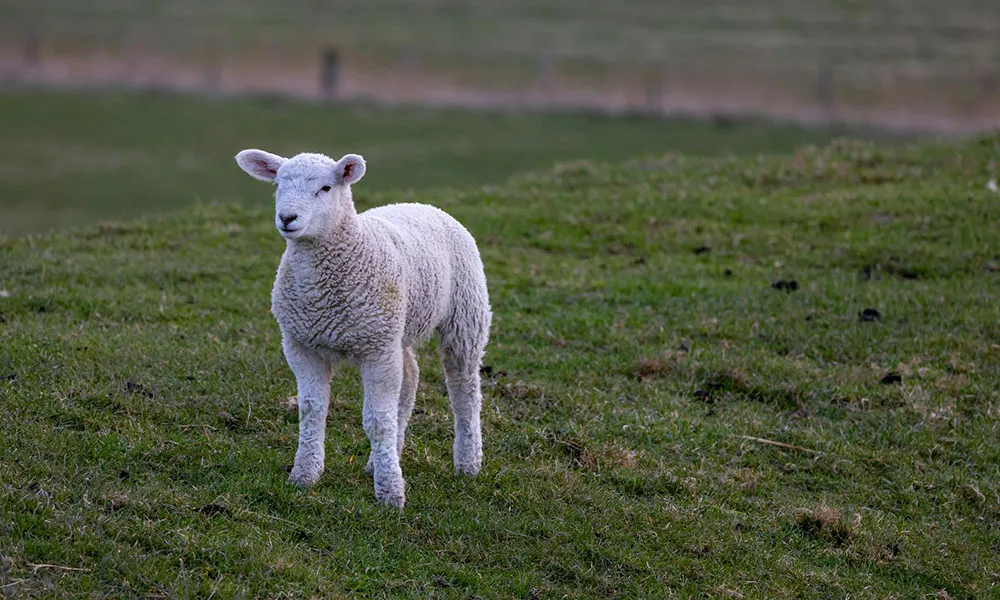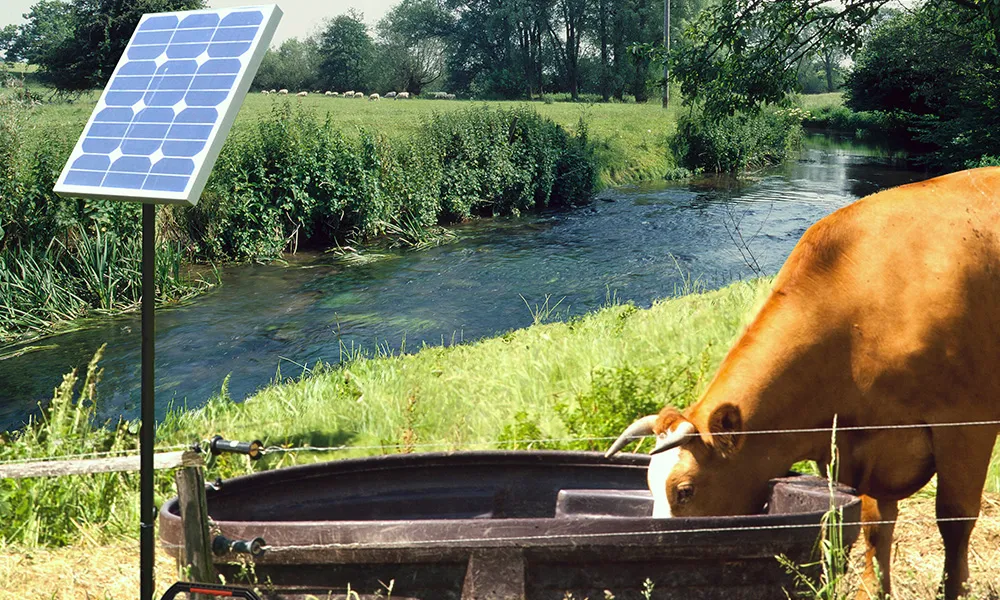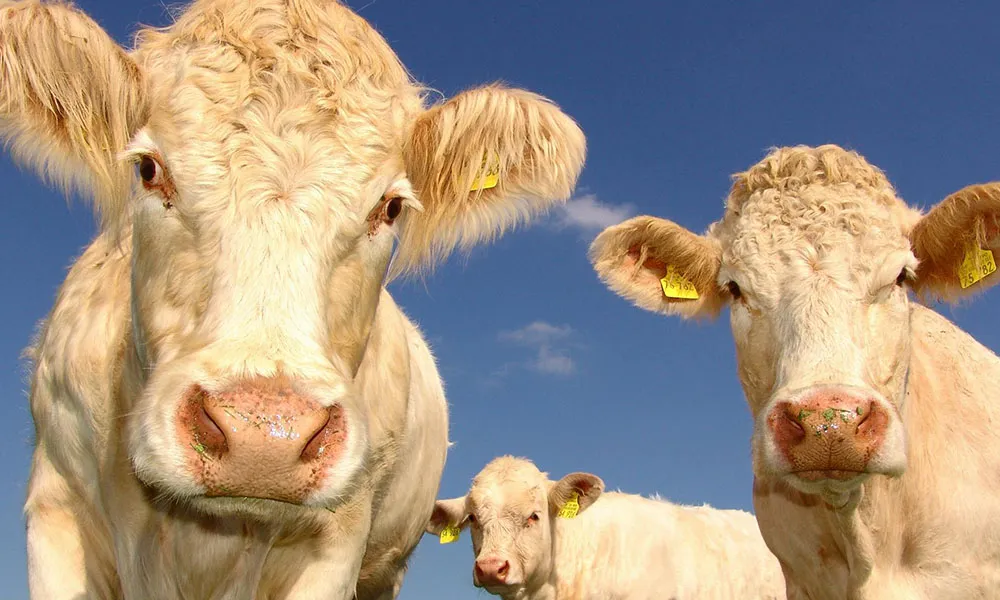
Silage making is at its peak at this time of year and as machines rev up for a busy season of cutting and baling.
It’s an expensive time of year and a pivotal time for the survival of the farm and the herd.
There is a long winter ahead and good quality silage making is key.
But there are some key ways to save money on your silage making bill.
- A good old Irish Meitheal is not a thing of the past. It is important to have as much good help on the day, particularly when the weather is threatening to break. Plan ahead and do barter deals with neighbours to help each other out. It’s a good idea to have the cover unfolded and all the tyres ready prior to your contractor arriving. This may mean getting the pit covered quickly
- A good feed: A contractor and all those extra helpers will appreciate a good meal during the day. Plenty of tea breaks and treats to keep the sugar levels up. A contractor remembers which farms are the most pleasant to work at and it might mean a bit of preferential treatment in the years to come.
- Pay up quickly: It is always good to pay the contractor on the day. Many contractors are brought to the brink of bankruptcy by farmers using them as ‘no interest banks’. (National Chairman of the Association of Farm and Forestry Contractors in Ireland (FCI) Richard White. 2017). It is also more likely that you can negotiate a ‘cash at the gate discount’ and with the whole.
- Bales or Pit: This is a thorny question and you need to sit down and work all the costing out in advance. Teagasc can give figures and statistics to assist with this decision. On the face of it, if you are set up for pit silage and with a high yield, then it is likely to be the cheaper option. However, bales offer greater flexibility for winter feeding. You don’t want to open the pit to feed a small number of early housed cattle and autumn calving cows. Perhaps you don’t have the storage for bales. In calculating, do not forget the costly disposal of used plastic. The right option for your farm must consider cost and savings alongside convenience and contractors costs.
- Reduce the bales by packing them more. A good tight bale with the right combination of wilting and swath will reduce the amount of bales per hectare, reducing the amount of wrapping, transport and the workload for all concerned. A combination of wilting, good swath presentation and careful tight baling will result in less overall bales.
- Polythene can be too thin: Plastic wrap is expensive, but it is vitally important to choose a good quality film which is less likely to tear and cause mould and waste. It is cheaper to purchase wrap yourself rather than paying the contractor (a phone call will confirm this). It might be economical to buy in bulk by coming together with neighbours or family to purchase larger amounts at discount. Store left over rolls carefully for reuse to save on costs.
The benefits of careful and astute work done in the silage season is reaped during dark winter months ahead.










